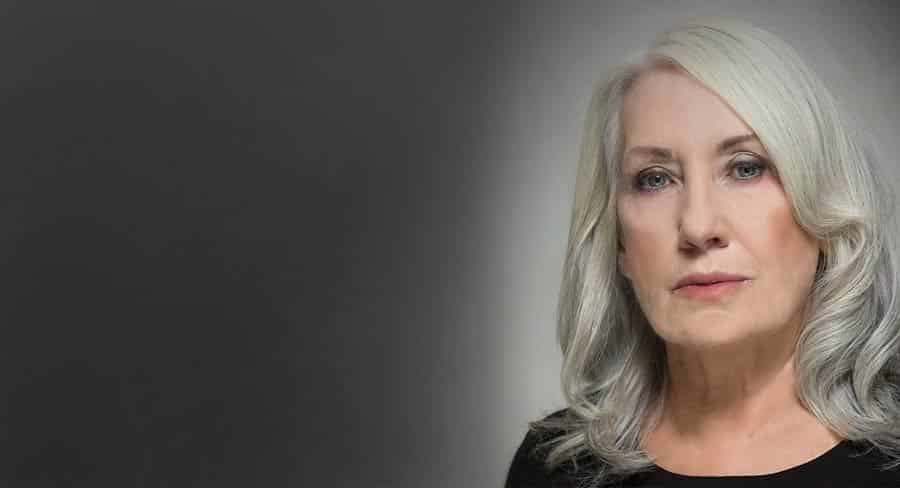The Judith Neilson Institute for Journalism and Ideas has announced the first stage of its grants program to support quality journalism.
The grants follow the announcement late last year by Australian philanthropist Judith Neilson of at least $100 million to create a world-leading journalism institute based in Sydney.
The initial round of grants covers a range of media organisations and activities from major international projects to small, local initiatives.
“The Institute believes that the best way to champion quality journalism is to help journalists do more of it,” said Mark Ryan, a director of the Institute.
“Most of the grants announced today will create new positions or new projects for journalists. We also expect some of these initial projects will expand into more substantial initiatives.”
The Institute’s approach to grants is informed by five principles: creating new opportunities for journalists to do more journalism; focusing on projects that will have the greatest impact; encouraging new investment in journalism; non-partisanship; and respect for editorial independence.
“In addition to providing practical support for quality journalism, the first round of grants is also a learning process. It will help the Institute understand how to best support journalism. And for those in the profession, it will give a sense of the types of projects the Institute is keen to support,” said Ryan.
This grants round is part of a number of initiatives that have been launched.
In May, the Institute held its first education project, a two-week intensive fellowship for 12 Australian journalists in Hong Kong in cooperation with the Journalism and Media Studies Centre at Hong Kong University.
From 31 August-1 September this year, the Institute will partner with the Sydney Opera House to co-present Antidote: a festival of ideas, action and change. The Institute is co-curating three sessions of the festival looking at how journalists work in authoritarian environments, who gets to speak on society’s most controversial subjects, and how journalists cover climate change.
The latest grant recipients are:
The Australian Broadcasting Corporation to fund a media literacy program across remote communities in Western Australia and the Northern Territory.
The Australian for a new series that will examine the complex implications of China’s transformation, both inside and outside of the country.
The Australian Financial Review to re-open a South East Asia bureau in Jakarta that will provide deeper coverage of the major economic, trade, business and security issues in Indonesia and the region.
The Guardian to fund the appointment of a Pacific editor, the establishment of a network of independent journalists and the commissioning of major investigations to expand reporting on Australia’s immediate neighbourhood.
Ngaarda Media, a community radio station in Roebourne, Western Australia, to support news coverage.
The Sydney Morning Herald and The Age to employ an Indigenous journalist and Indigenous trainee photographer to work with reporters in the newsroom on a series of news stories, features and multimedia projects.
Schwartz Media to hire a new Features and Field producer for its new daily podcast “7 AM”.
The Terrier, a local news website in Warrnambool, Victoria, to support the appointment of an Indigenous cadet reporter and to explore new funding models for the website.
Three grants were also announced earlier this year:
Journalism Education and Research Association of Australia (JERAA) to support The Junction, JERAA’s national collaborative online platform for student journalism which covered the 2019 Federal Election.
The Kennedy Foundation to sponsor the Chris Watson Award which recognises the work of regional newspaper journalists and to provide financial support for a regional reporting project of the winner’s choice.
The Walkley Foundation to support its public interest journalism grants to Australian freelance journalists awarded in April this year.
